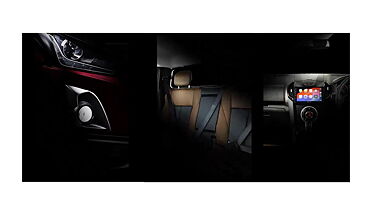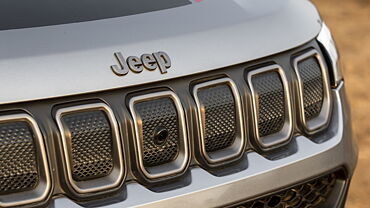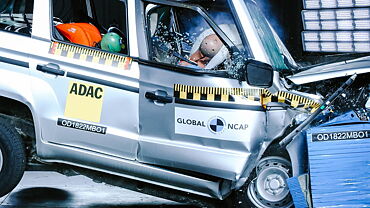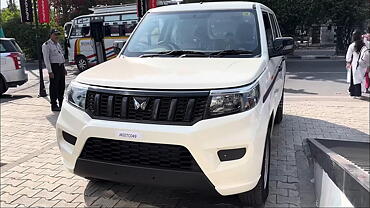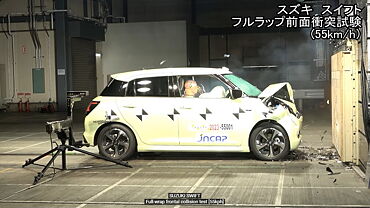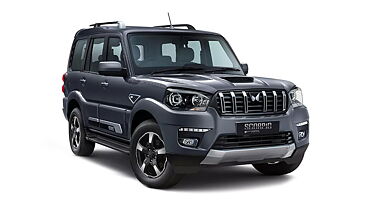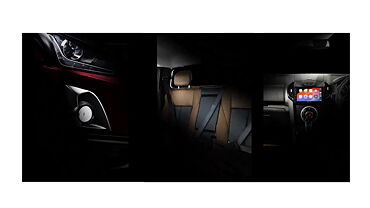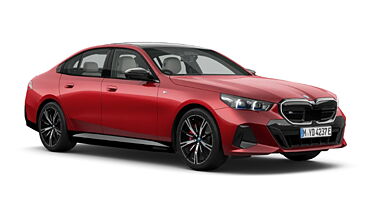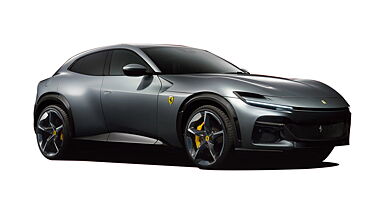The Indian economy has been suffering due to the continual depreciation in the value of the Rupee in the international market. In the wake of this downfall, country's auto industry has suffered substantially, with car makers bearing the rising import bills and fluctuations in fuel prices. This situation compelled the Reserve Bank of India (RBI), the country's premiere financial institution to step in and put things in order.
Recently, the bank was mulling over changing its policy rates, which would directly affect the auto industry. However, the value of the Indian Rupee appreciated after RBI sold US Dollars in the international market to stabilise market conditions. Therefore, RBI did not change its policy rates while reviewing monetary policy during the middle of the quarter.
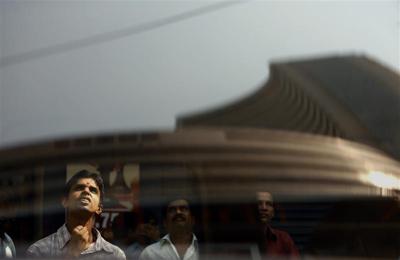
This move by the bank helped eight auto companies to enjoy rise in stocks of 0.32-2.14 per cent on BSE, giving the sector a silver lining amidst its worst times in recent times. Bajaj Auto's stock rose by 2.14 per cent, Tata Motor's rose by 1.94 per cent, Mahindra & Mahindra's increased by 1.42 per cent. Hero MotoCorp's valuation on the BSE index increased by 1.34 per cent, while TVS Motor Company also enjoyed a rise of 1.23 per cent. Escorts' stocks increased by 1.10 per cent, Ashok Leyland's edged up by 0.84 per cent and Maruti Suzuki India's valuation rose by 0.32 per cent. Overall the BSE auto index increased by 1.59 per cent at 8,298.34, outperforming the Sensex, which itself rose by 0.54 per cent at 15,921.96.
At the mid-quarterly review, RBI decided against altering its repo and reverse rates with the aim of halting the increasing inflation that has been plaguiging the country. Currently, the repo rate is 8.5 per cent and reverse rate is 7.5 per cent in India, Asia's third largest economy. The leading financial institution of the country also set the Cash Reserve Ratio (CRR) as 6 per cent, which will be the amount of cash that banks need to keep with it as a percentage of their requisite Net Demand and Time Liabilities (NDTL).
In a country like India, where consumers usually opt for financing while buying new cars, utility vehicles and commercial vehicles, the lower interest rates will propel the growth of the industry.



